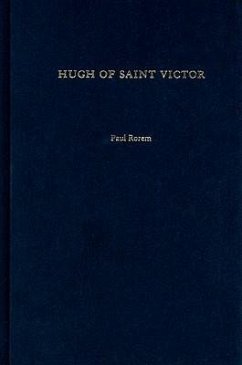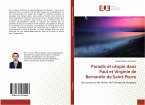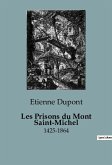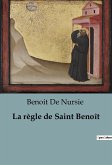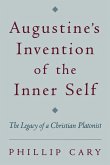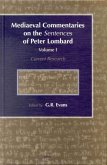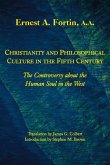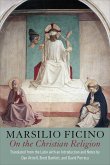Born in Saxony in 1096, Hugh became an Augustinian monk and in 1115 moved to the monastery of Saint Victor, Paris, where he spent the remainder of his life, eventually becoming the head of the school there. His writings cover the whole range of arts and sacred science taught in his day. Paul Rorem offers a basic introduction to Hugh's theology, through a comprehensive survey of his works. He argues that Hugh is best understood as a teacher of theology, and that his numerous and varied writings are best appreciated as a comprehensive pedagogical program of theological education and spiritual formation. Drawing his evidence not only from Hugh's own descriptions of his work but from the earliest manuscript traditions of his writings, Rorem organizes and presents his corpus within a tri-part framework. Upon a foundation of training in the liberal arts and history, a structure of doctrine is built up, which is finally adorned with moral formation.Within this scheme of organization, Rorem treats each of Hugh's major works (and many minor ones) in its appropriate place, orienting the reader briefly yet accurately to its contents, as well as its location in Hugh's overarching program of theological pedagogy.
Hugh of Saint Victor (1096-1141) was an incredibly influential philosopher and theologian in 10th century France-his eloquence and writing earning him fame exceeding even that of St. Bernard. Yet despite his medieval celebrity, Hugh remains incredibly understudied in contemporary academica. Paul Rorem offers a basic introduction to Hugh's theology, through a comprehensive survey of his works. Drawing his evidence not only from Hugh's own descriptions of his work but from the earliest manuscript traditions of his writings, Rorem organizes and presents his corpus within a tri-part framework, treating each of Hugh's major works (and many minor ones) in its appropriate place, and orienting the reader to its contents, as well as its location in Hugh's overarching program of theological pedagogy.
Hinweis: Dieser Artikel kann nur an eine deutsche Lieferadresse ausgeliefert werden.
Hugh of Saint Victor (1096-1141) was an incredibly influential philosopher and theologian in 10th century France-his eloquence and writing earning him fame exceeding even that of St. Bernard. Yet despite his medieval celebrity, Hugh remains incredibly understudied in contemporary academica. Paul Rorem offers a basic introduction to Hugh's theology, through a comprehensive survey of his works. Drawing his evidence not only from Hugh's own descriptions of his work but from the earliest manuscript traditions of his writings, Rorem organizes and presents his corpus within a tri-part framework, treating each of Hugh's major works (and many minor ones) in its appropriate place, and orienting the reader to its contents, as well as its location in Hugh's overarching program of theological pedagogy.
Hinweis: Dieser Artikel kann nur an eine deutsche Lieferadresse ausgeliefert werden.

